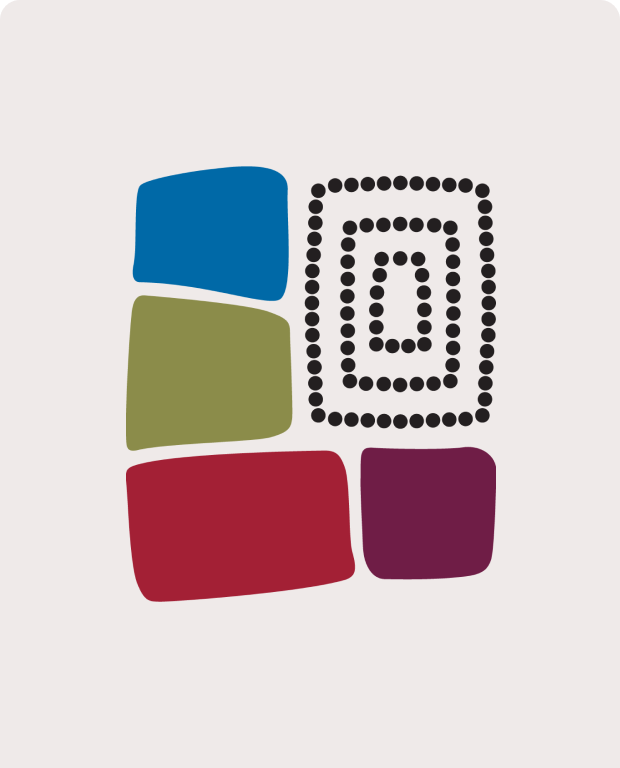Physical activity program for Aboriginal families with Machado Joseph Disease

Developing a physical activity program for Aboriginal families with Machado Joseph Disease (MJD) living in the Top End of Australia
Project aim
This project sought to develop a meaningful, evidence-informed physical activity program derived from the expressed concerns, needs, priorities and ideas of the Aboriginal people with Machado Joseph Disease (MJD) living in the Top End of Australia.
Project team
Project leader: Associate Professor Ruth Barker
Project partner: Machado Joseph Disease Foundation
Administering organisation: James Cook University
Project timeline: 01/03/2018—31/03/2019
Methodology
-
Development of the Staying Strong Toolbox involved a study and scoping review:
- The first study explored, from the perspective of families with MJD, ‘what is important’ and ‘what works best’ to keep people with MJD walking and moving around
- The second study explored the best available evidence from western scientific literature, to identify ways to keep people with MJD walking and moving around, in line with the ‘Staying Strong’ Framework.
- Following this, an experience-based co-design approach was used to refine the principles through a series of workshops with families with MJD as experts.
- Using a mixed method multiple-case study design, eight individuals with MJD tested the Staying Strong Toolbox:
- In-depth interviews were conducted with participants to explore feasibility of the program from the participants’ perspective.
- Feasibility of program implementation and evaluation were also explored.
- The program was further modified based on information provided by results of the case studies.
Project findings
- All eight participants completed the ‘Staying Strong’ program which involved four weeks of training based on the Staying Strong Toolbox.
- All participants exceeded the requirement to be physically active at least 1 hour, 3 times a week.
- Activities participants engaged in varied from riding an exercise bike, walking in the bush or at the shops, collecting firewood or bush medicine, and practicing activities of daily living.
- Participants mobility improved on average by 43%, quality of life improved on average by 8% and personal goals improved on average by 138%.
- All participants felt the Toolbox helped them to be strong both on the inside and the outside. Participants felt that their bodies changed, and that they wanted to see the Toolbox continue.
- After the four-week training period, all participants became aware of their personal barriers to regular physical activity that would require support to overcome (e.g. regular access to equipment, transport and assistance with mobility to allow physical activity to be possible).
- All participants reported the benefits of completing the Toolbox in their own community, as opposed to travelling further afar for care or inpatient rehabilitation.
- All participants felt the Toolbox could be adapted and utilised by other families with MJD in other parts of the world, using the ideas from Aboriginal families with MJ in the Top End.
Project outcomes
|
Knowledge |
|
|
Awareness |
|
|
Behaviour |
|
|
Skills |
|
Related resources:
- Video: A discussion of the research at the 2017 NHMRC Research Translation Symposium
- Video: Walking and moving around for Aboriginal families with MJD living in the Top End of Australia

